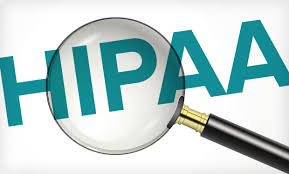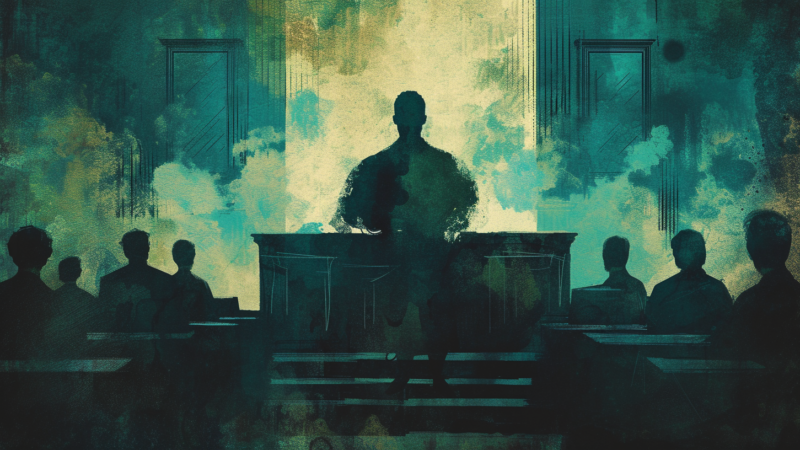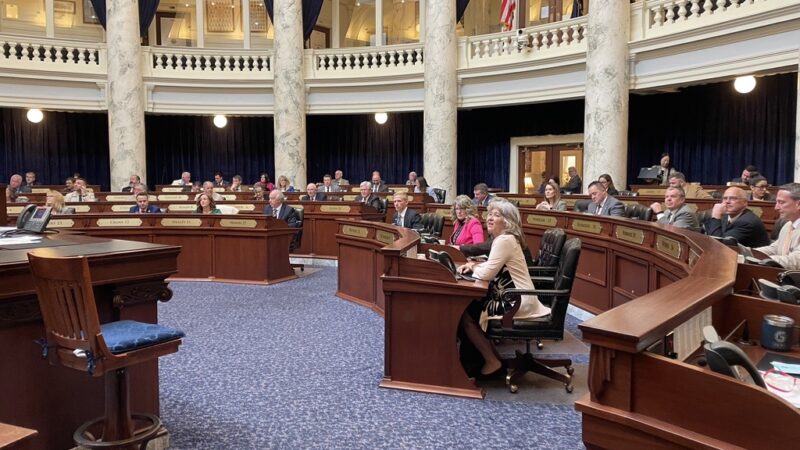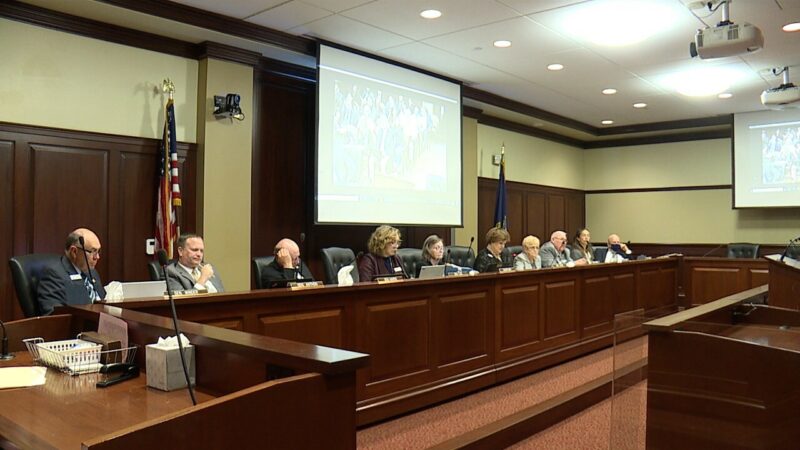HIPAA: your medical privacy does not apply

Protect your Rights!
MYTH: HIPAA protects your medical privacy
FACT: HIPAA eliminated patient consent requirements and potentially opens your medical records to 2.2 million entities, plus government agencies.
MYTH: Signing the form or statement about the clinic’s or hospital’s “Notice of Privacy Practices” (NPP) means your medical information will be kept private.
FACT: The form regarding the NPP is only an acknowledgement that you have read the form, and therefore understand that you have NO privacy rights, and that your information can be broadly shared without your consent. You are NOT required to sign it (see below). NOTE: whether you sign the form/statement or not signing does not protect your privacy. If you read the NPP, you’ll understand that your signature acknowledges that you know you have no privacy.
MYTH: The federal HIPAA law and and its “privacy rule” are the highest laws of the land and have the final say on whether patient data can be shared or must be protected.
FACT: State medical privacy laws are the highest laws. Your data can be broadly shared under HIPAA unless your state legislature has enacted a real privacy law. HIPAA’s “permissive sharing” law is superceded by most state medical privacy laws.
YOU ARE NOT REQUIRED TO SIGN
HIPAA “PRIVACY” FORMS
OR
THE “NOTICE OF PRIVACY PRACTICES”
ACKNOWLEDGEMENT STATEMENT
(Contact CCHF if you’re denied treatment)
THE LAW DOES NOT REQUIRE YOU TO SIGN THE FORM
Click this link (or look below) to see the exact section of the federal HIPAA privacy rule that only requires your clinic or hospital to make a good faith effort to obtain your signature on the form. They can’t require it.
See below for how to get your own HIPAA “not required to sign” card to give to your clinic or hospital.
FIVE REASONS WHY YOU SHOULD NOT SIGN
1) Exercise your rights under the law not to sign the “HIPAA privacy form” or the Notice of Privacy Practices acknowledgement statement on many clinic and hospital consent forms.
2) Refuse to participate in perpetuating the deception that the HIPAA form or the Notice of Privacy Practices statement protects your privacy.
3) Enlighten the clinic and hospital staff on the truth about HIPAA and your right not to sign.
4) Prevent the clinic from waving the signed form under your nose and claiming that you should have known when you complain after learning they shared your confidential data without your consent.
5) You will help CCHF move the nation toward the truth about HIPAA and its eventual repeal (and restoration of patient consent, personal control, and ownership rights to one’s own medical and genetic data)
learn more about HIPPA and Health Privacy at







